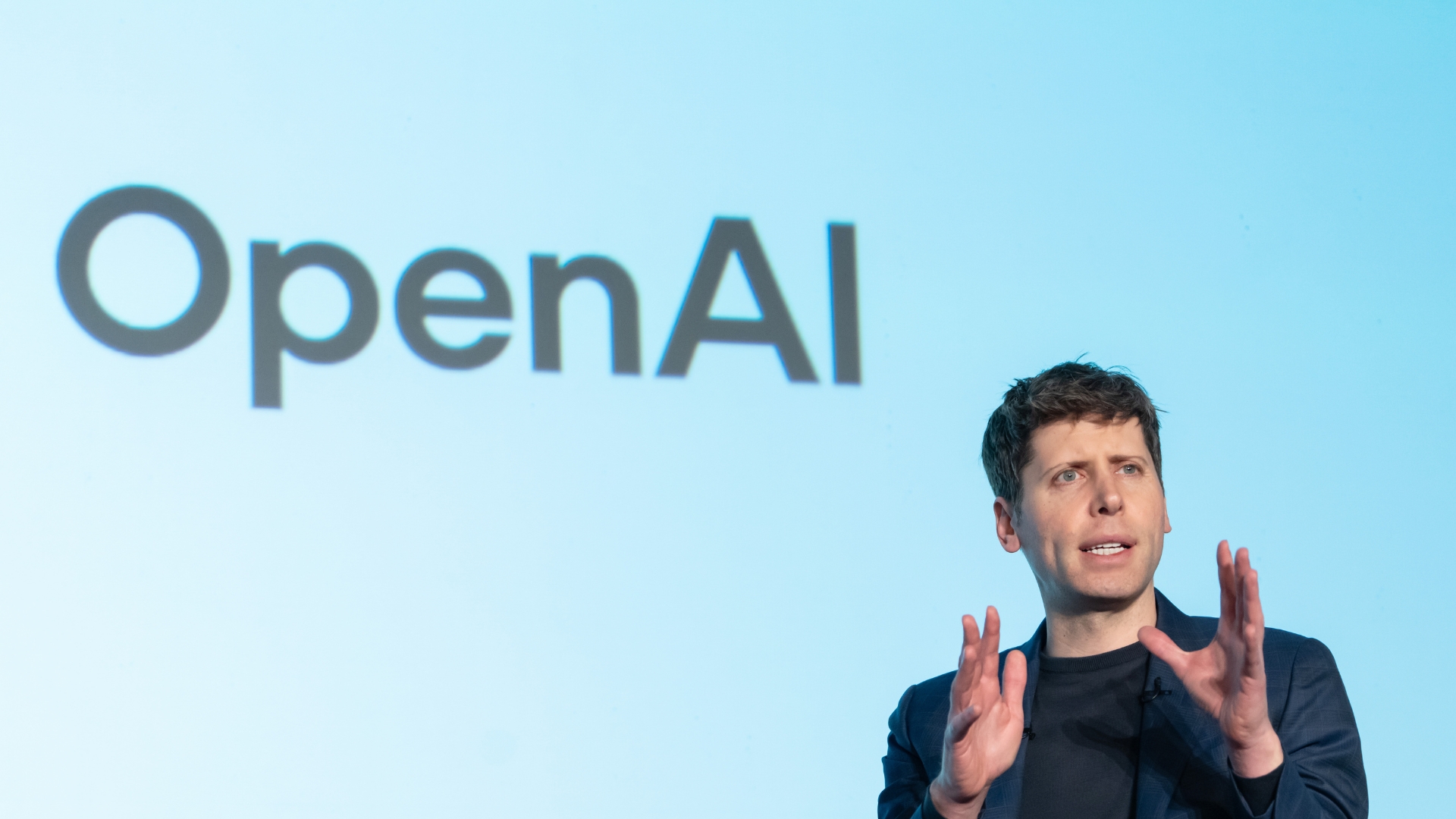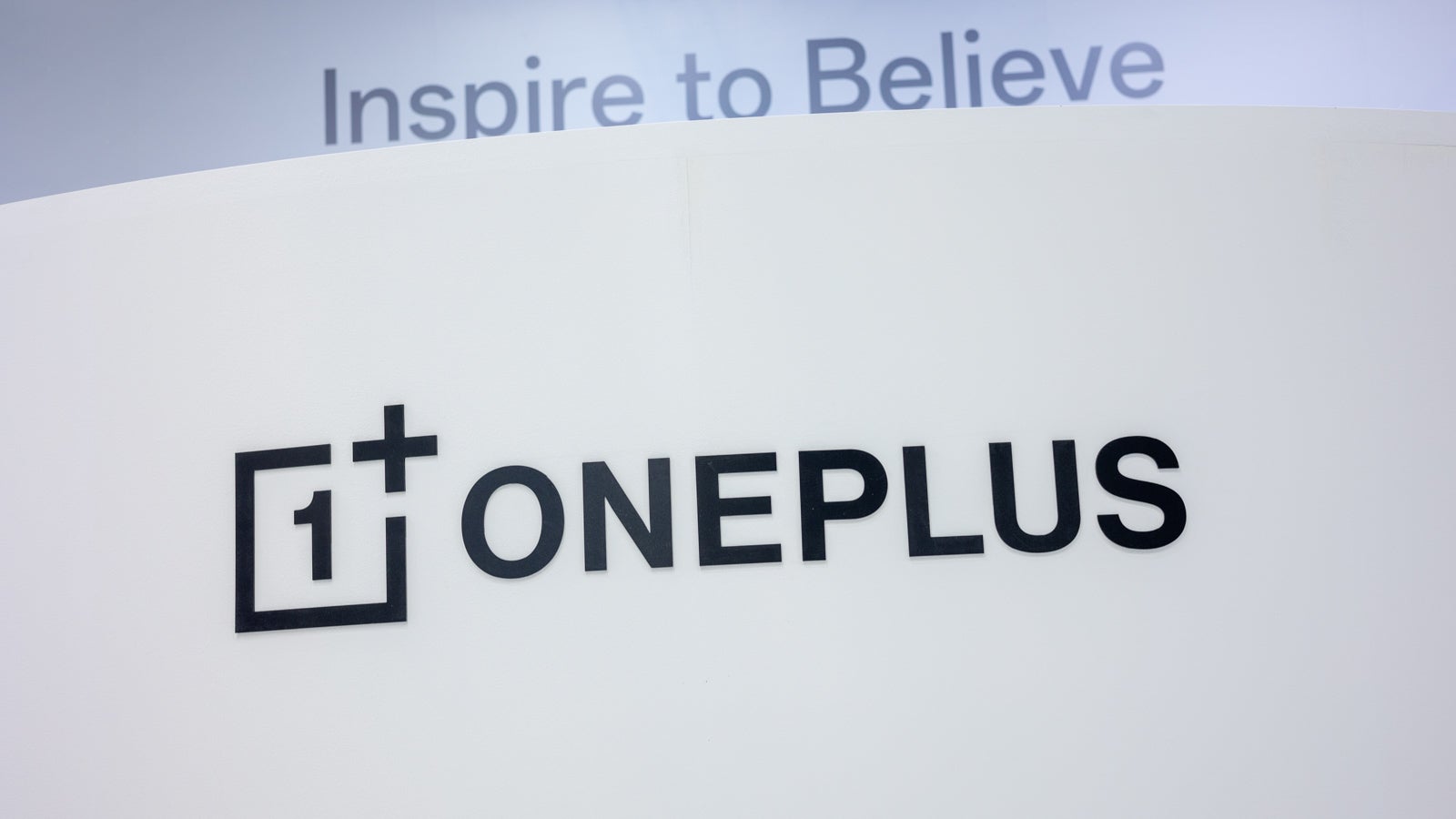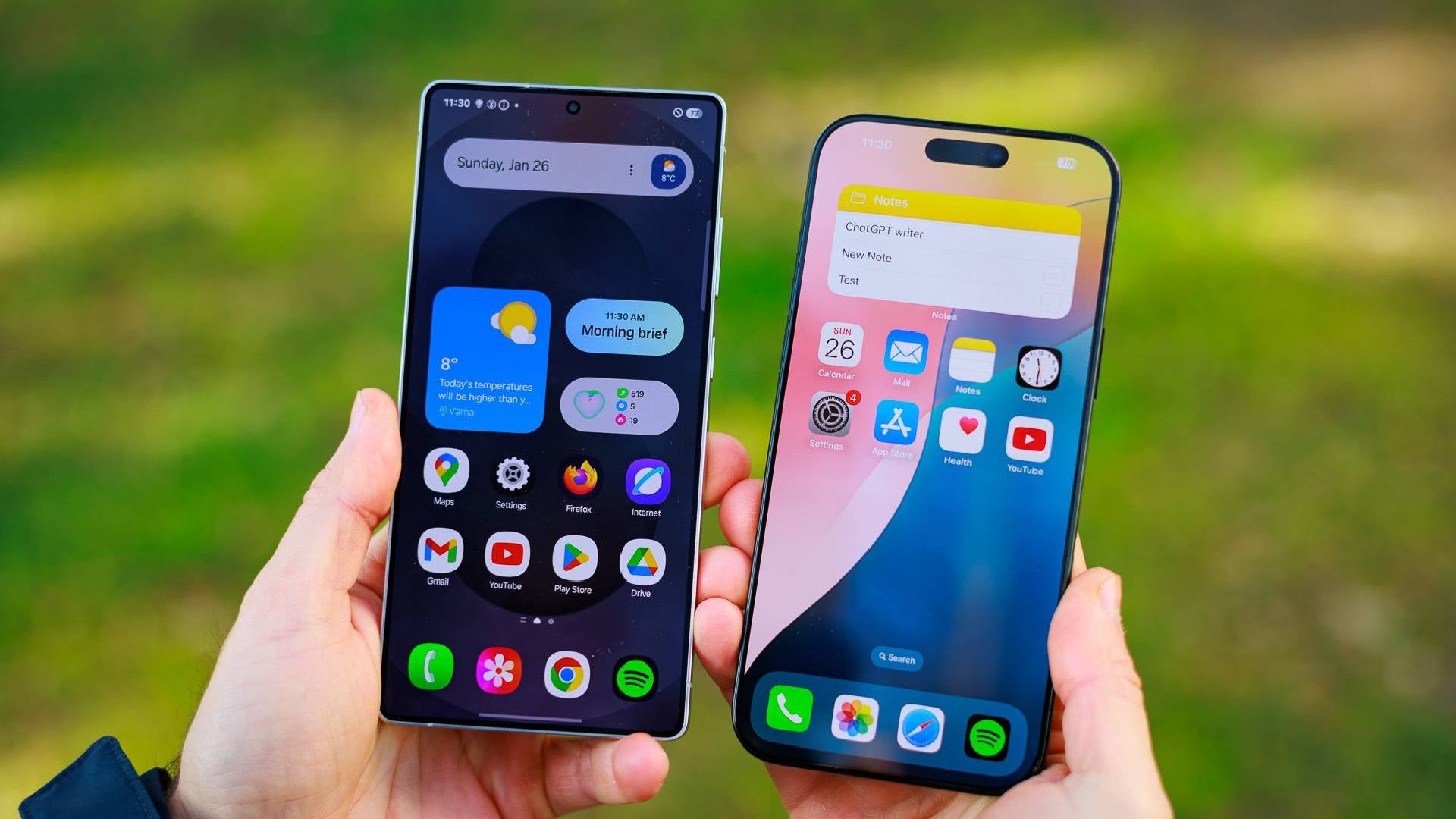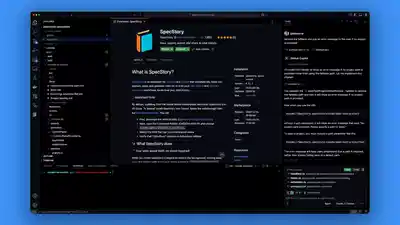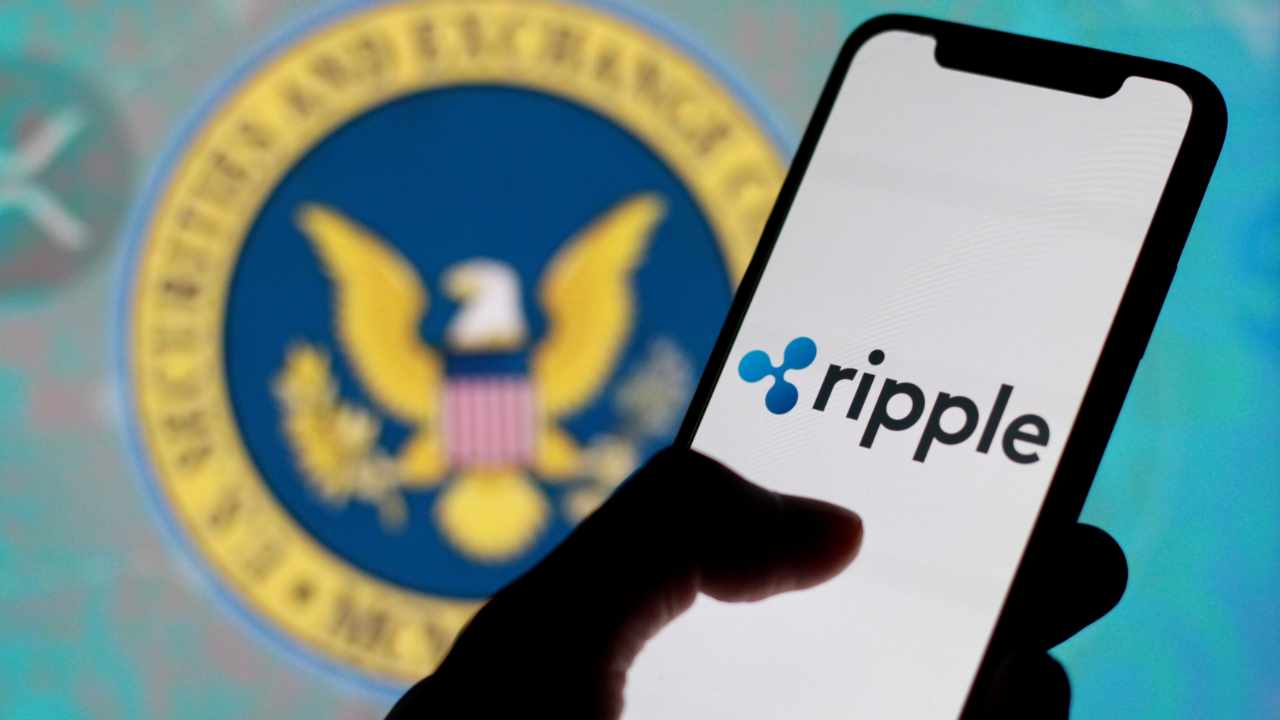The Adventures of Blink S3e10: Vibe Coding, Right or Wrong?
Hey friends, welcome to The Adventures of Blink! Before we dive in, a quick reminder: If you get something good out of this — you learn something, you enjoy the experience, whatever it is — drop me a like! That helps me know I’m hitting the mark with the content and encourages me to produce more. And if you want to go even further, leave a comment! I’d be delighted to hear from you and start a conversation. I love hearing what other people are up to — that’s a big part of my passion for development in general. Also: Hit subscribe so you don't miss upcoming episodes. This is the Season 3 Finale, and there might be a little hiatus before I’m back. Subscribing makes sure you’ll know when Season 4 drops in the fall! TL/DR: Youtube Don't feel like reading? I've got ya. Here's the Youtube version: Season 3 Wrap-Up: Exploring Git and GitLab/GitHub We've spent this season exploring Git and tools like GitLab and GitHub. While we only scratched the surface in nine episodes, I hope it's been a helpful jumping-off point for those new to source control. But today’s episode? We're taking a little detour into a very timely and relevant topic: Vibe Coding If you've been following AI news lately, you might have heard about vibe coding. It’s the idea that non-developers are using AI tools like ChatGPT, Claude, or Gemini to build things that used to require professional software engineering skills. From an outsider’s perspective: This is thrilling! Anyone can now bring their ideas to life rapidly and with minimal assistance. The potential for humanity to create is higher than it’s ever been. Why Are Some Engineers Worried? Many experienced engineers (myself included) have some concerns: Security Risks Without previous software experience, you might not spot when an AI is hallucinating. Broken, buggy, or even vulnerable code can be introduced — and you might not know it. Maintenance Problems Pure vibe coding means you may not understand how your code works. When something goes wrong, you won’t know how to fix it. Debugging requires deep context, and if you weren’t involved in building the system, that context is missing. Long-Term Costs Shortcuts now can create bigger problems later. Engineers called in to untangle AI-generated messes will take longer (and cost more) than building it right in the first place. So... Should You Use AI? YES. I'm not telling you to avoid AI tools — far from it! I use them almost every day. But there's a right way and a wrong way. The key is how you frame the relationship: Think of AI as your partner, not your servant. Think of yourself as the pilot, with AI as the co-pilot. The pilot is still in charge. You use AI to: Ask questions Gather information Work with the AI to create better solutions Learn from the process Bad Vibe Coding vs Good Vibe Coding Let's look at two quick examples: ❌ Bad Vibe Coding "I need you to do some coding for me in Python. I need a spaceship game with a main menu, options to start a new game or exit, a large map with fog of war, three planets, two starbases, five enemy ships... etc." The AI spits out a giant blob of code. You copy, paste, and run it — without learning anything. You don't know how it works... You don't know if it's safe. ✅ Good Vibe Coding "I need some help understanding my Ruby on Rails project. I created a controller that sets up API calls to an external system. Where should I put my HTML and CSS files?" Here, you're asking curious, clarifying questions. You’re learning and gaining context that will help you grow as a developer. Final Thoughts Vibe coding isn’t bad — it’s powerful. But it should be about collaboration, not outsourcing responsibility. The right way to use AI is to stay curious, stay engaged, and keep learning. You should become a better developer because of the tools you're using — not someone dependent on them. Thanks for joining me on this season of adventures! Remember to like, comment, and subscribe if you want to catch Season 4 when it drops. Stay curious, friends!
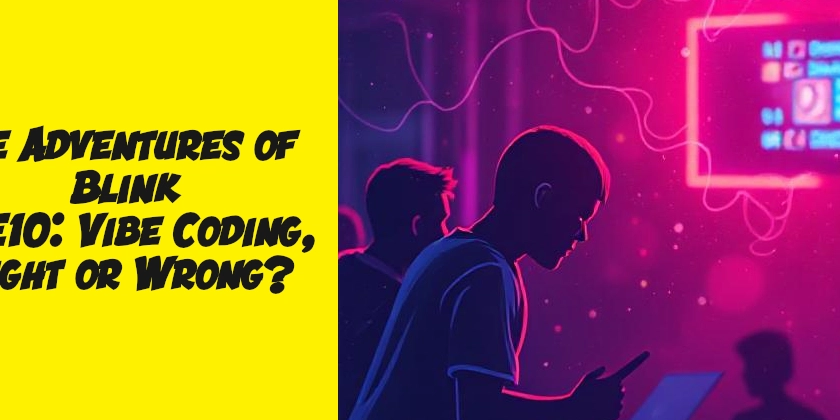
Hey friends, welcome to The Adventures of Blink!
Before we dive in, a quick reminder:
If you get something good out of this — you learn something, you enjoy the experience, whatever it is — drop me a like! That helps me know I’m hitting the mark with the content and encourages me to produce more.
And if you want to go even further, leave a comment! I’d be delighted to hear from you and start a conversation. I love hearing what other people are up to — that’s a big part of my passion for development in general.
Also:
Hit subscribe so you don't miss upcoming episodes.
This is the Season 3 Finale, and there might be a little hiatus before I’m back. Subscribing makes sure you’ll know when Season 4 drops in the fall!
TL/DR: Youtube
Don't feel like reading? I've got ya. Here's the Youtube version:
Season 3 Wrap-Up: Exploring Git and GitLab/GitHub
We've spent this season exploring Git and tools like GitLab and GitHub. While we only scratched the surface in nine episodes, I hope it's been a helpful jumping-off point for those new to source control.
But today’s episode? We're taking a little detour into a very timely and relevant topic:
Vibe Coding
If you've been following AI news lately, you might have heard about vibe coding. It’s the idea that non-developers are using AI tools like ChatGPT, Claude, or Gemini to build things that used to require professional software engineering skills.
From an outsider’s perspective:
- This is thrilling!
- Anyone can now bring their ideas to life rapidly and with minimal assistance.
The potential for humanity to create is higher than it’s ever been.
Why Are Some Engineers Worried?
Many experienced engineers (myself included) have some concerns:
- Security Risks
Without previous software experience, you might not spot when an AI is hallucinating. Broken, buggy, or even vulnerable code can be introduced — and you might not know it.
- Maintenance Problems
Pure vibe coding means you may not understand how your code works. When something goes wrong, you won’t know how to fix it. Debugging requires deep context, and if you weren’t involved in building the system, that context is missing.
- Long-Term Costs
Shortcuts now can create bigger problems later. Engineers called in to untangle AI-generated messes will take longer (and cost more) than building it right in the first place.
So... Should You Use AI?
YES.
I'm not telling you to avoid AI tools — far from it! I use them almost every day. But there's a right way and a wrong way.
The key is how you frame the relationship:
- Think of AI as your partner, not your servant.
- Think of yourself as the pilot, with AI as the co-pilot.
The pilot is still in charge.
You use AI to:
- Ask questions
- Gather information
- Work with the AI to create better solutions
- Learn from the process
Bad Vibe Coding vs Good Vibe Coding
Let's look at two quick examples:
❌ Bad Vibe Coding
"I need you to do some coding for me in Python. I need a spaceship game with a main menu, options to start a new game or exit, a large map with fog of war, three planets, two starbases, five enemy ships... etc."
The AI spits out a giant blob of code. You copy, paste, and run it — without learning anything. You don't know how it works... You don't know if it's safe.
✅ Good Vibe Coding
"I need some help understanding my Ruby on Rails project.
I created a controller that sets up API calls to an external system.
Where should I put my HTML and CSS files?"
Here, you're asking curious, clarifying questions. You’re learning and gaining context that will help you grow as a developer.
Final Thoughts
Vibe coding isn’t bad — it’s powerful.
But it should be about collaboration, not outsourcing responsibility.
The right way to use AI is to stay curious, stay engaged, and keep learning.
You should become a better developer because of the tools you're using — not someone dependent on them.
Thanks for joining me on this season of adventures!
Remember to like, comment, and subscribe if you want to catch Season 4 when it drops.
Stay curious, friends!
















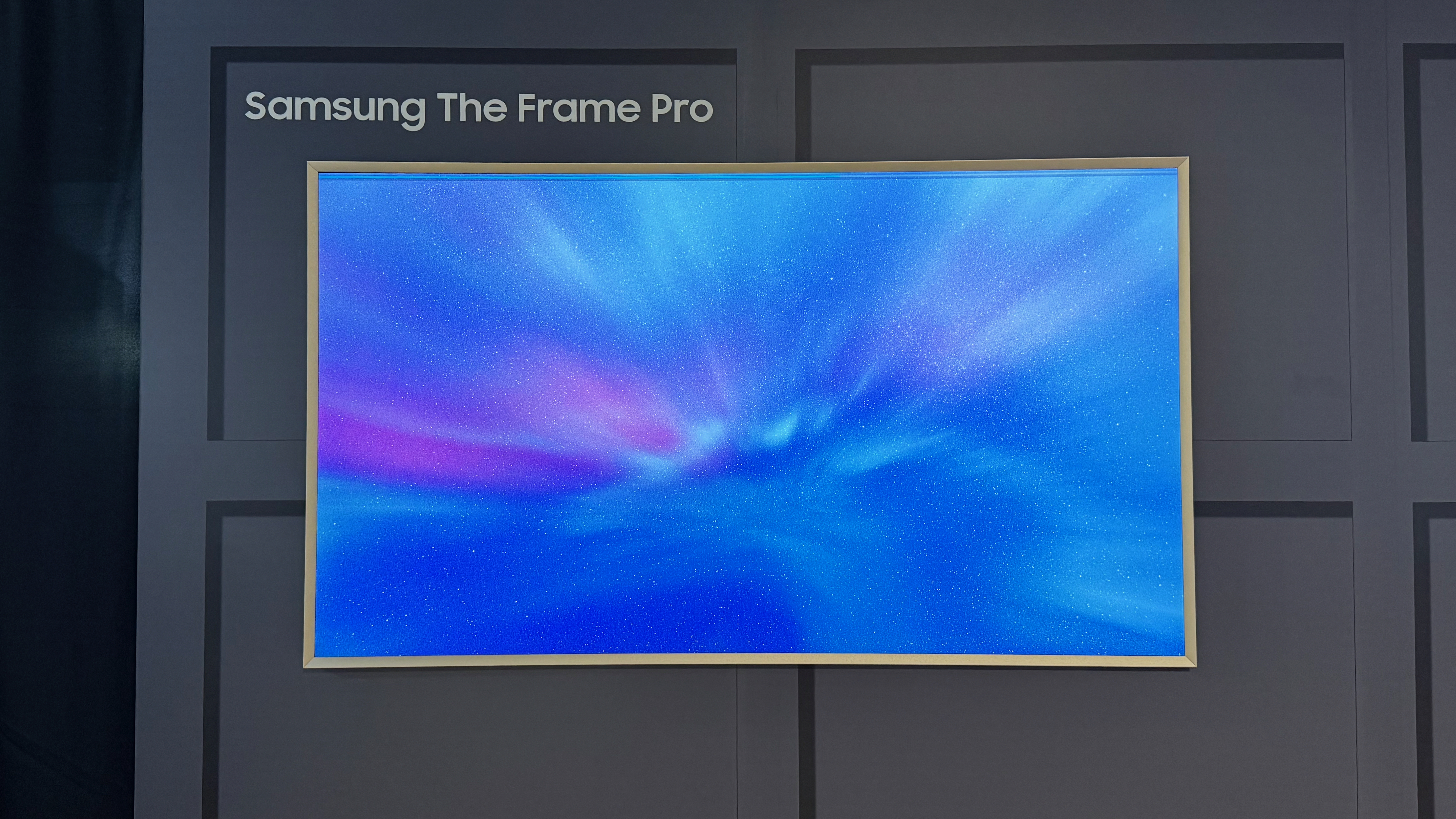
































































































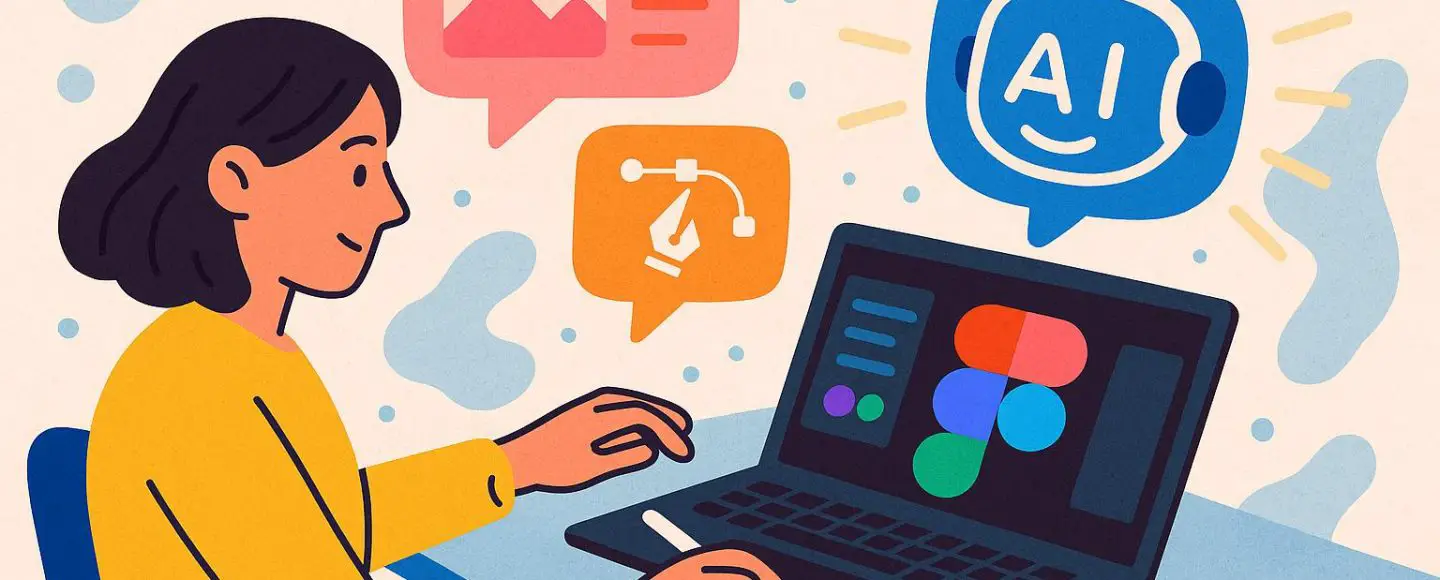























































![[The AI Show Episode 146]: Rise of “AI-First” Companies, AI Job Disruption, GPT-4o Update Gets Rolled Back, How Big Consulting Firms Use AI, and Meta AI App](https://www.marketingaiinstitute.com/hubfs/ep%20146%20cover.png)








































































































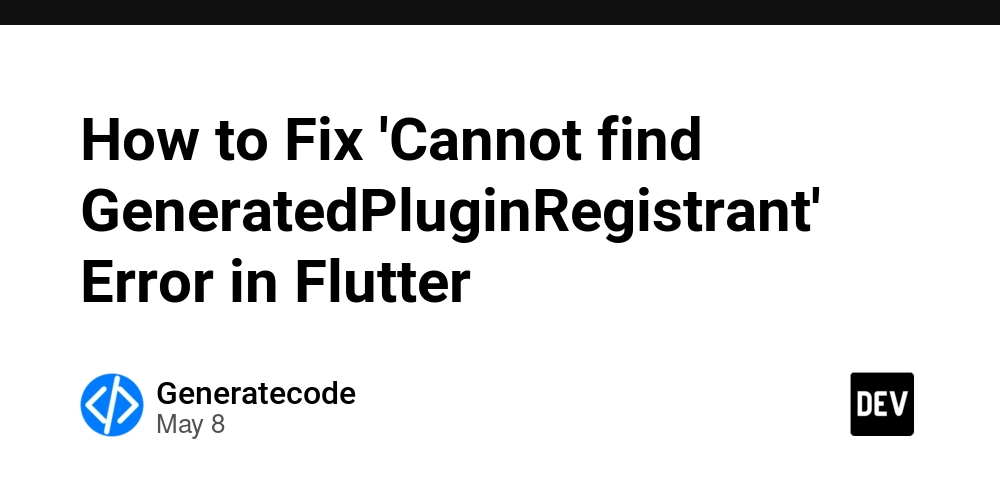

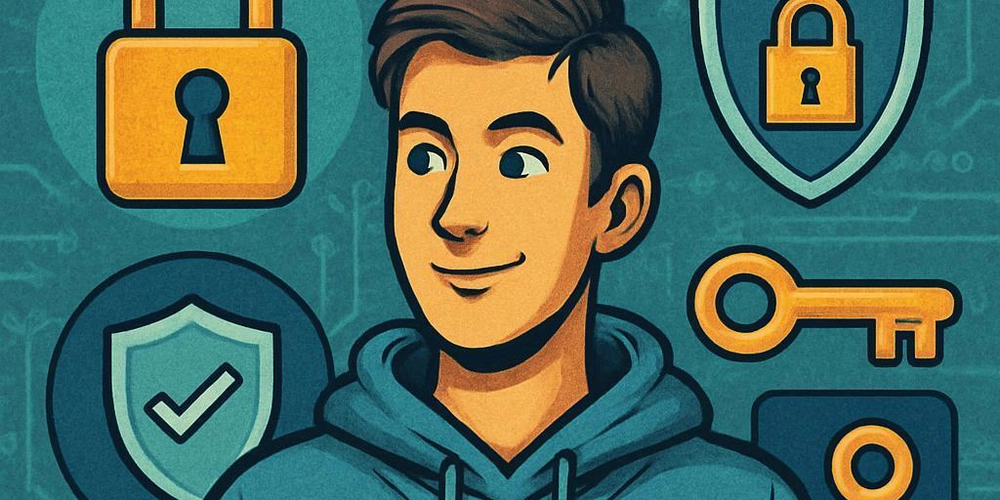
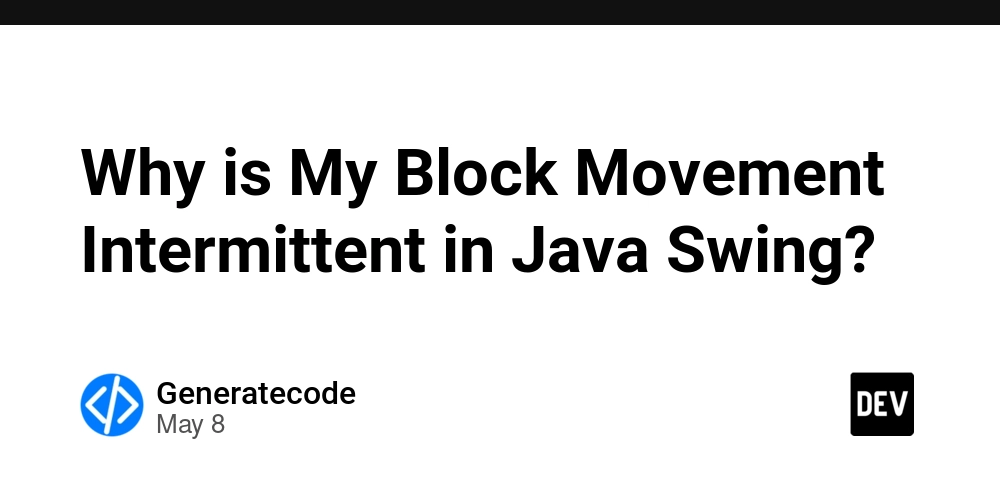














![[DEALS] The Premium Python Programming PCEP Certification Prep Bundle (67% off) & Other Deals Up To 98% Off – Offers End Soon!](https://www.javacodegeeks.com/wp-content/uploads/2012/12/jcg-logo.jpg)













































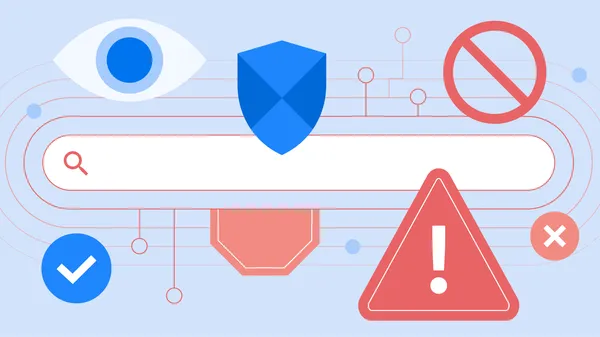




































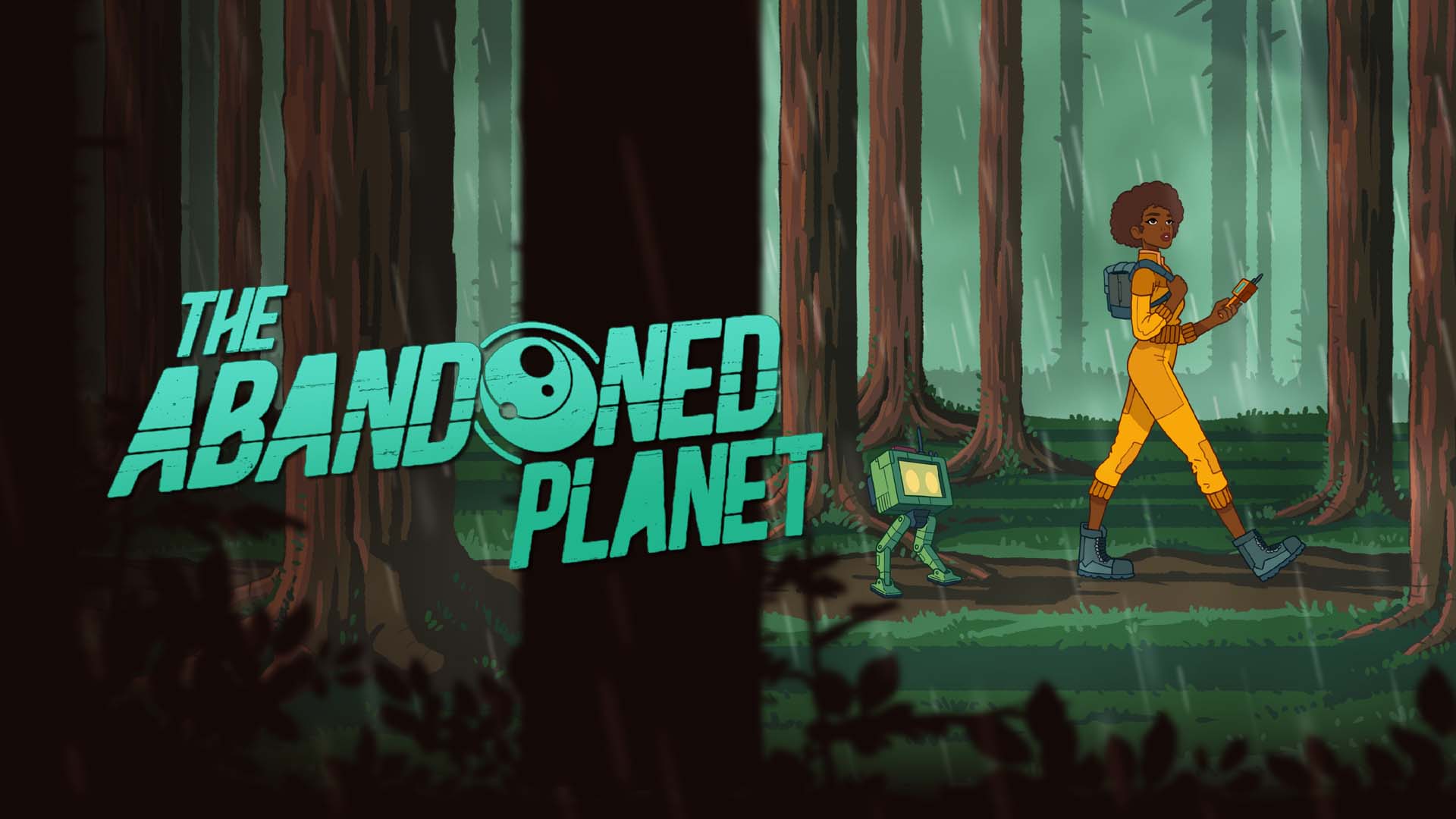



























































_Aleksey_Funtap_Alamy.jpg?width=1280&auto=webp&quality=80&disable=upscale#)
_Sergey_Tarasov_Alamy.jpg?width=1280&auto=webp&quality=80&disable=upscale#)
























































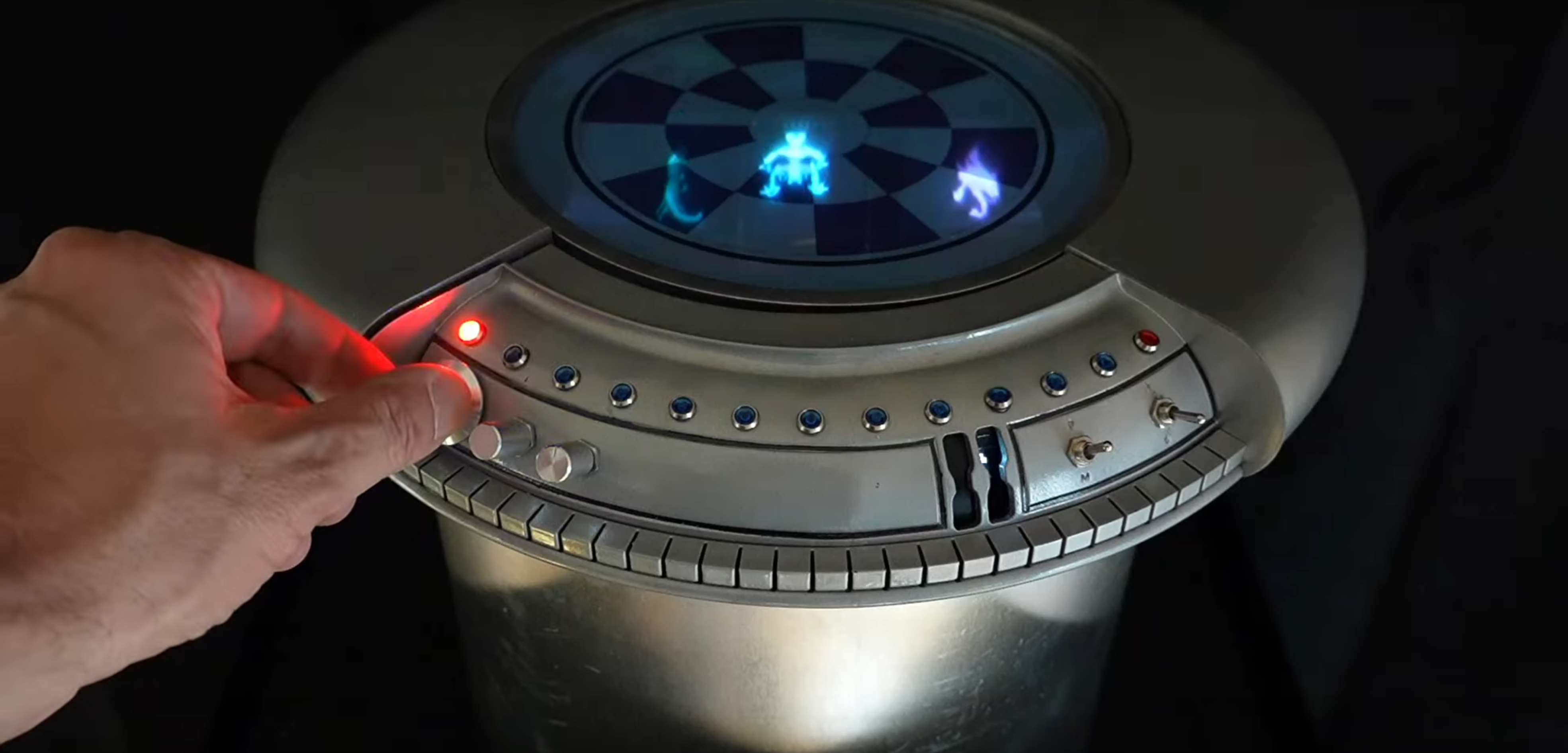
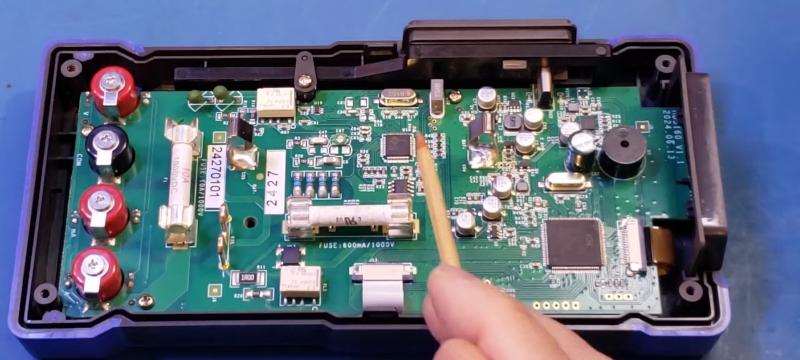















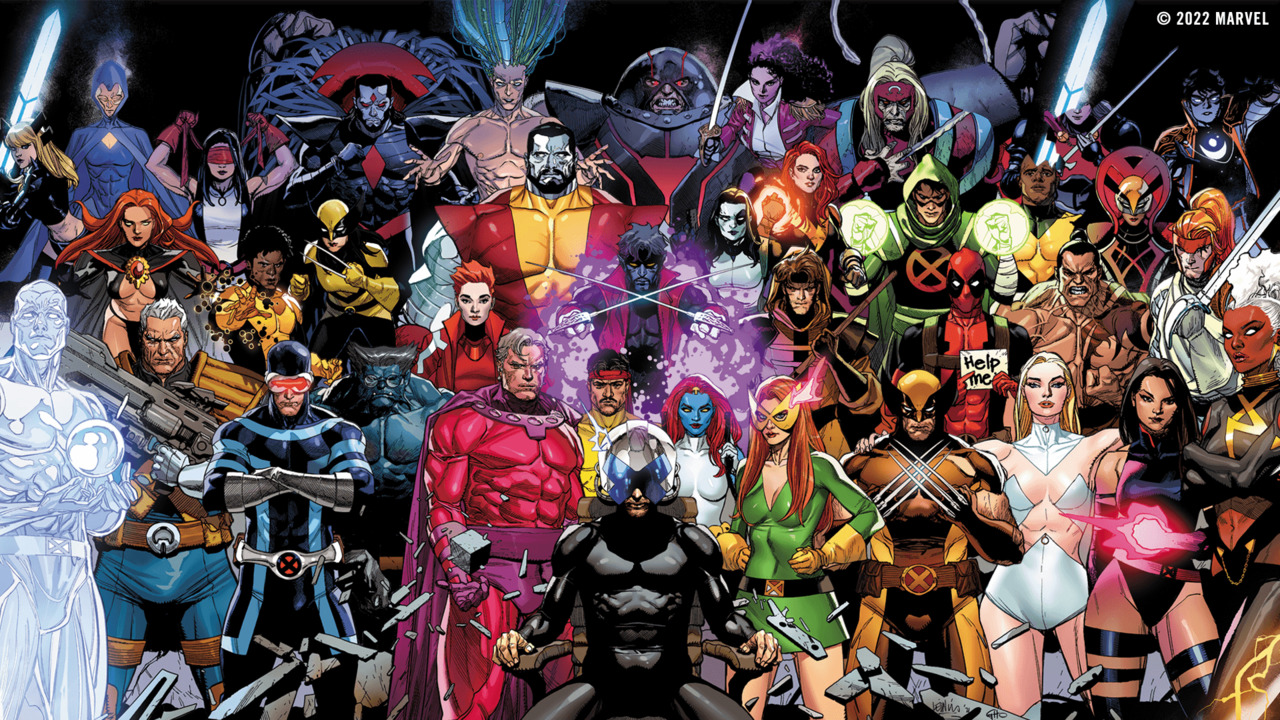
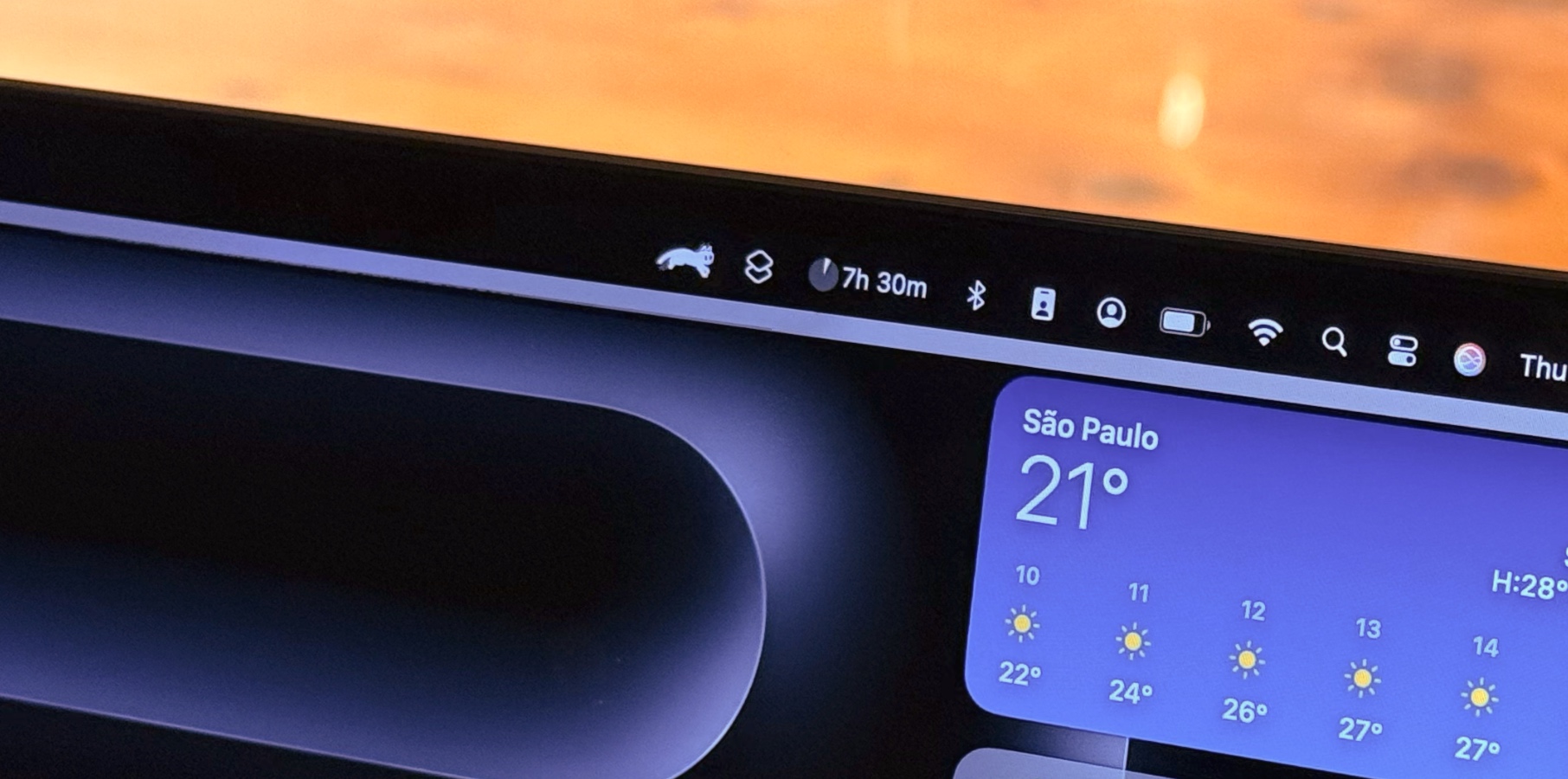

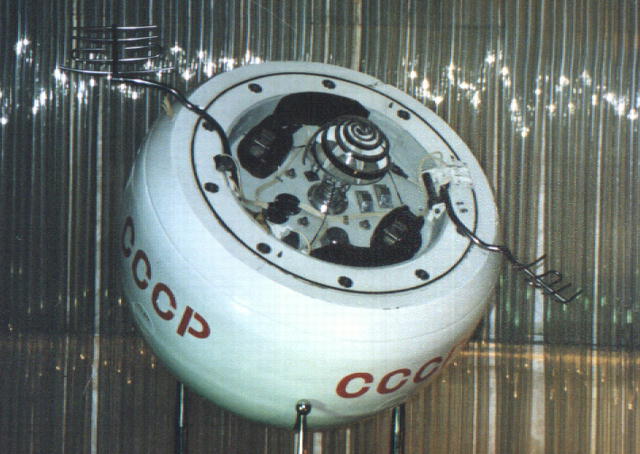


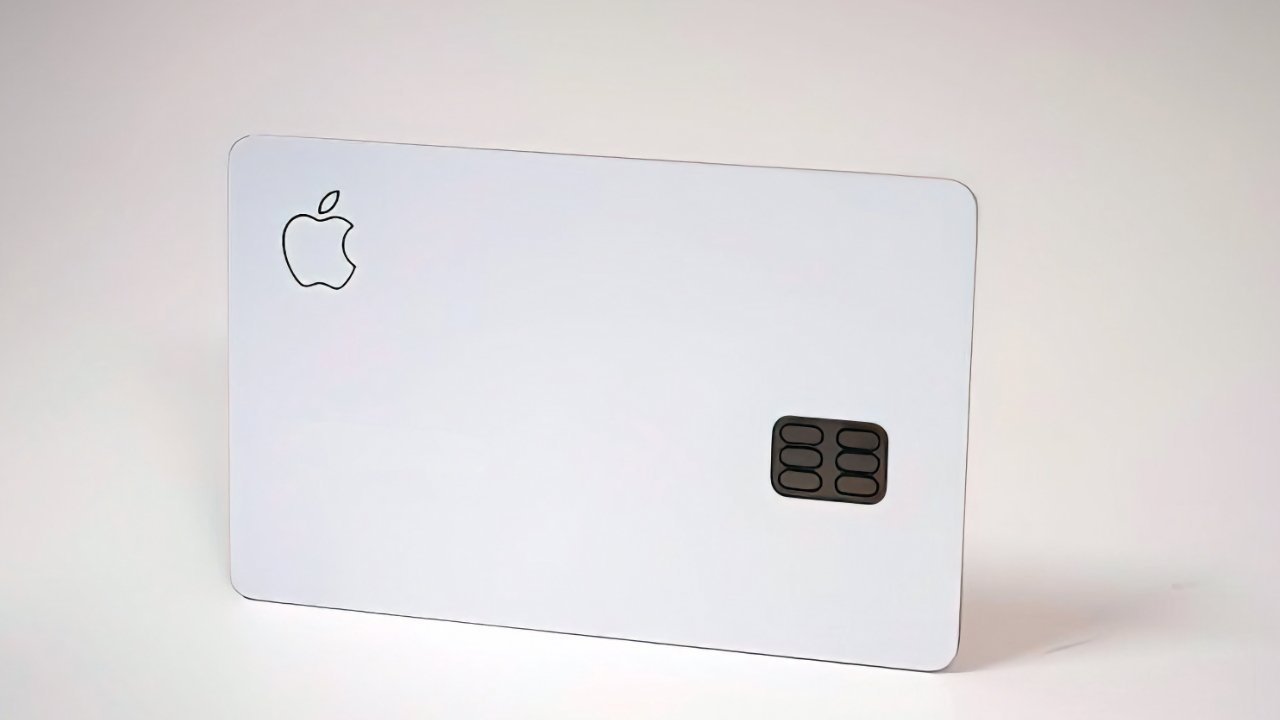



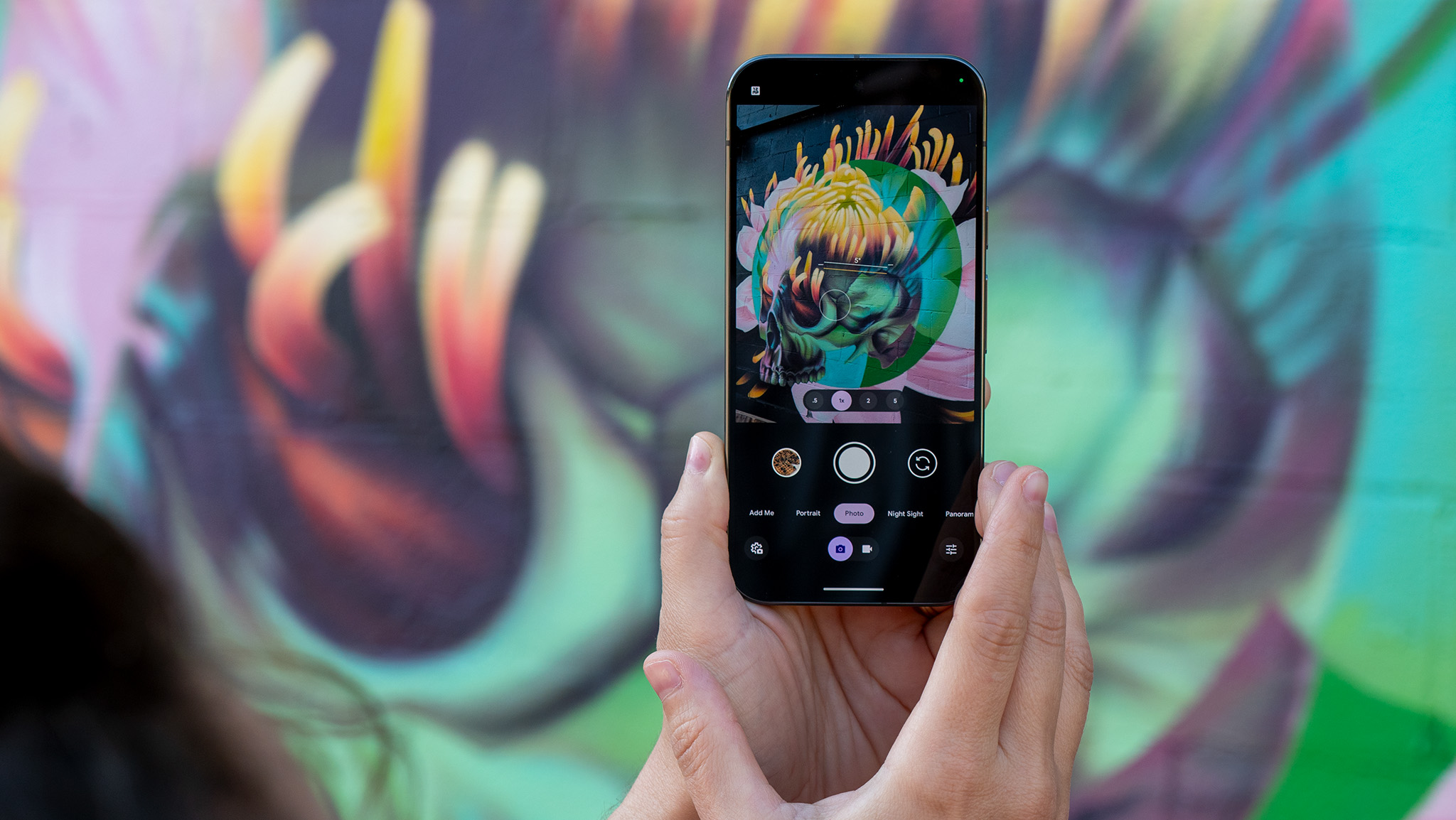
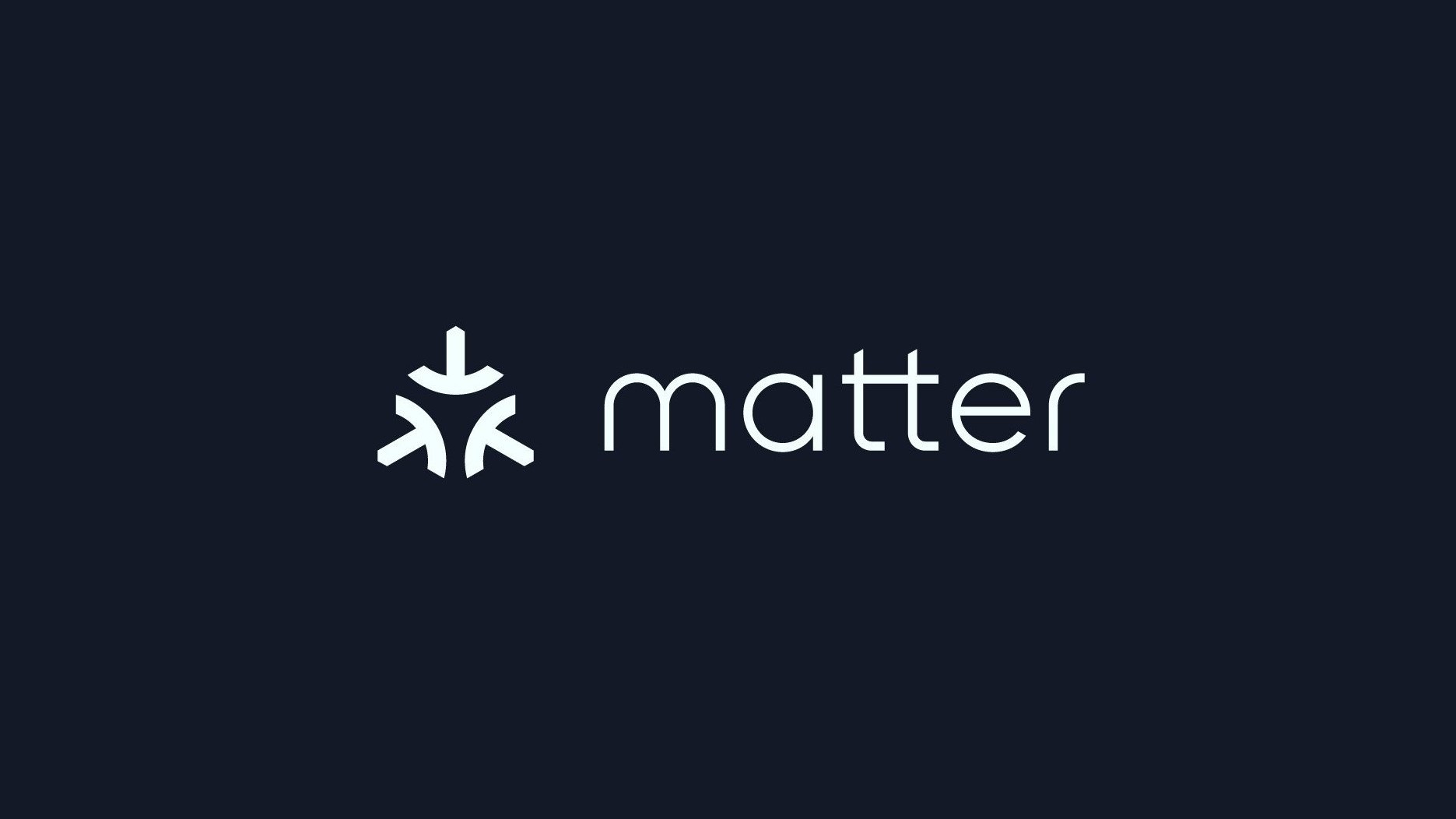
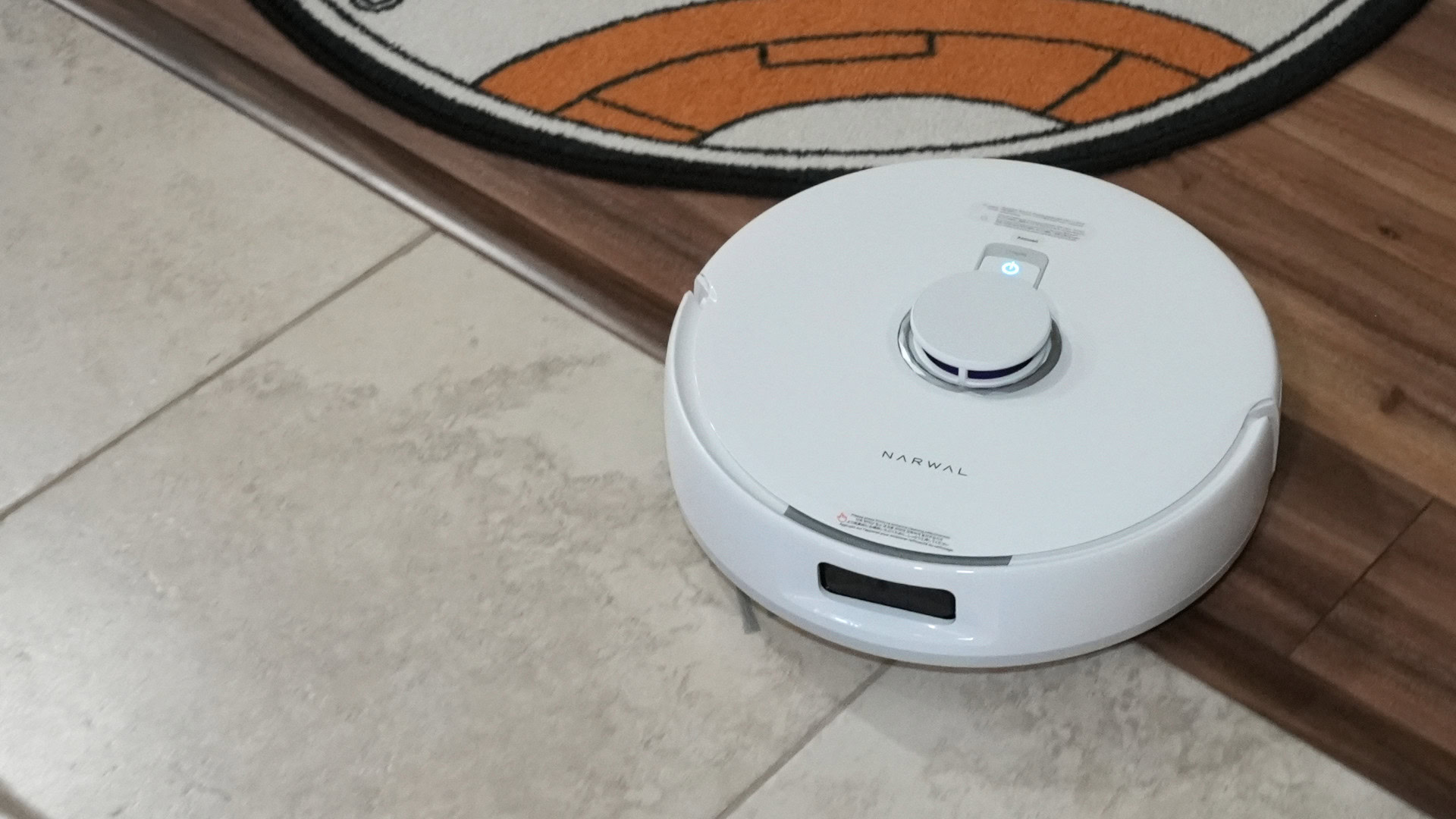





















![Apple Foldable iPhone to Feature New Display Tech, 19% Thinner Panel [Rumor]](https://www.iclarified.com/images/news/97271/97271/97271-640.jpg)
![Apple Developing New Chips for Smart Glasses, Macs, AI Servers [Report]](https://www.iclarified.com/images/news/97269/97269/97269-640.jpg)
![Apple Shares New Mother's Day Ad: 'A Gift for Mom' [Video]](https://www.iclarified.com/images/news/97267/97267/97267-640.jpg)
![Apple Shares Official Trailer for 'Stick' Starring Owen Wilson [Video]](https://www.iclarified.com/images/news/97264/97264/97264-640.jpg)


















